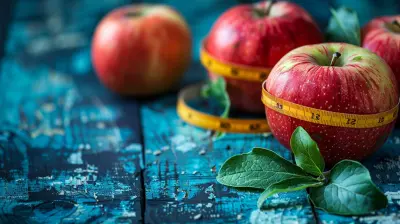Why You Shouldn't Fear Fat: The Essential Role of Lipids in Nutrition
3 September 2025
When you hear the word “fat,” what’s the first thing that comes to mind? Likely, it’s something negative—flabby stomachs, high cholesterol, greasy fast food. For decades, fat has been the dietary villain, blamed for everything from heart disease to weight gain. But here’s the truth bomb: fat is not your enemy. In fact, healthy fats (a.k.a lipids) are absolutely essential for your body to function properly.
So, let’s challenge the outdated narrative. It's time we part ways with fat phobia and understand the pivotal role lipids play in health and nutrition. Buckle up, because this article is going to give fat the glow-up it deserves.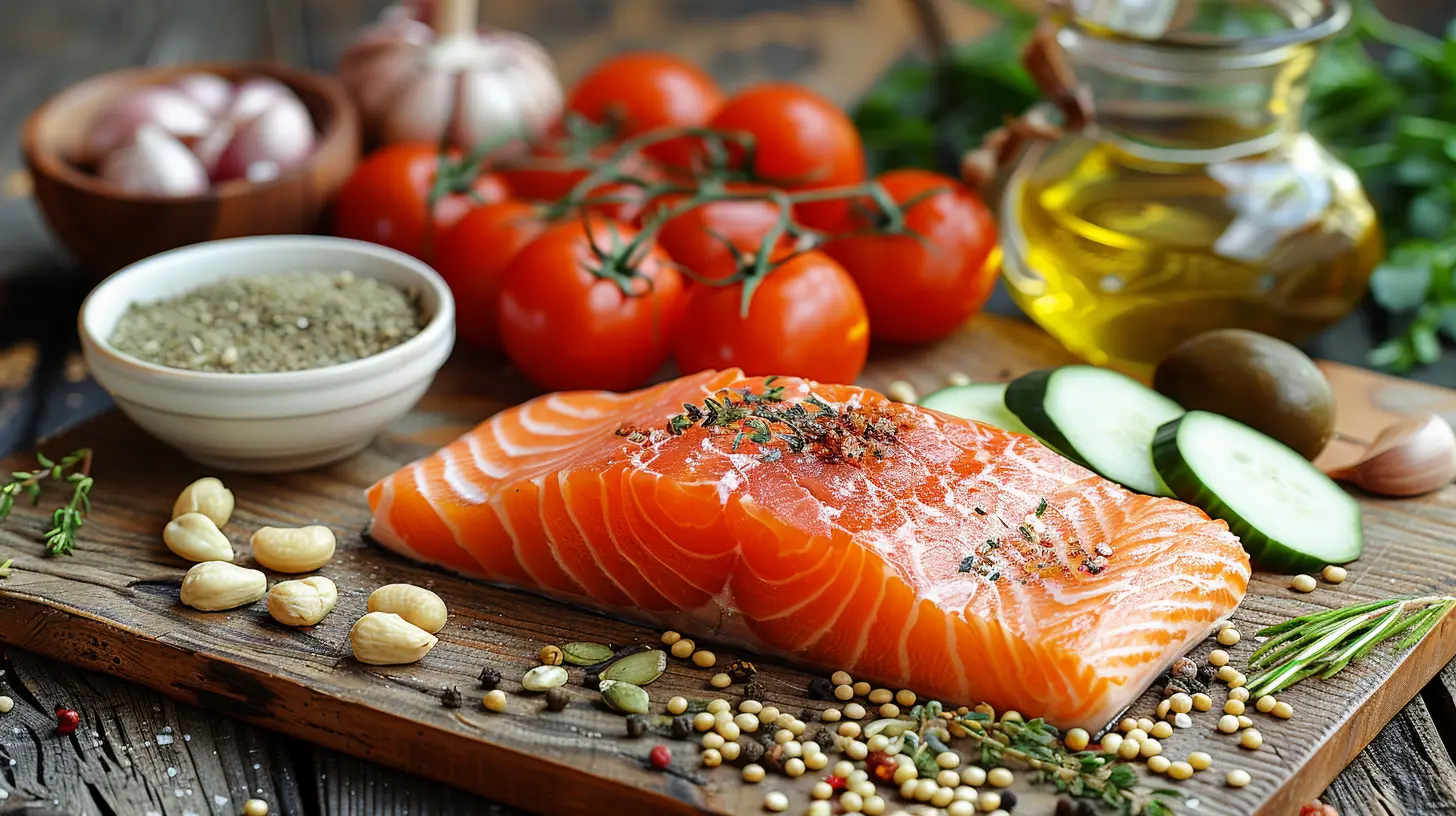
Fat Has Been Misunderstood for Way Too Long
We’ve been conditioned to believe that eating fat makes us fat. But nutrition isn’t that straightforward. Losing weight or staying healthy isn’t just about cutting fats—it’s about choosing the right kinds of fats and understanding how they work in our bodies.Remember those “fat-free” snacks in the ‘90s? Yeah, most of them were loaded with sugar and artificial junk. Cutting out fat didn’t make us healthier—it made us hungrier and, ironically, often fatter.
It’s time to stop fearing fat and start being smart about it.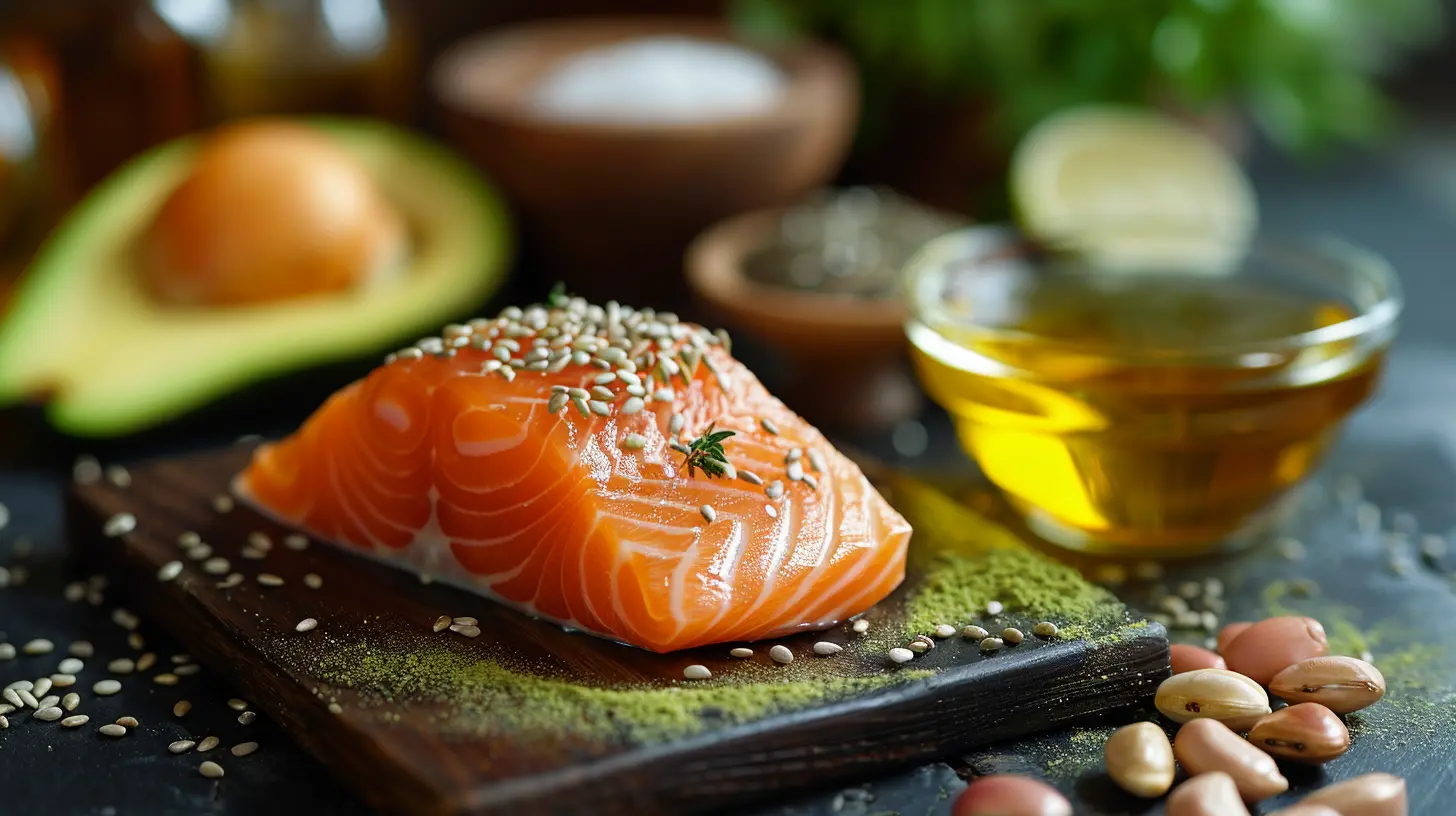
What Are Lipids, Really?
Let’s break it down. Lipids is just the fancy scientific term for fats. There are three main types:- Triglycerides – These are the most common and what we usually call “fat.”
- Phospholipids – These are important for every single cell membrane in your body.
- Sterols – Think cholesterol. Yes, even cholesterol has its place in a healthy body.
Each type serves a purpose, and every cell in your body relies on fats in some way.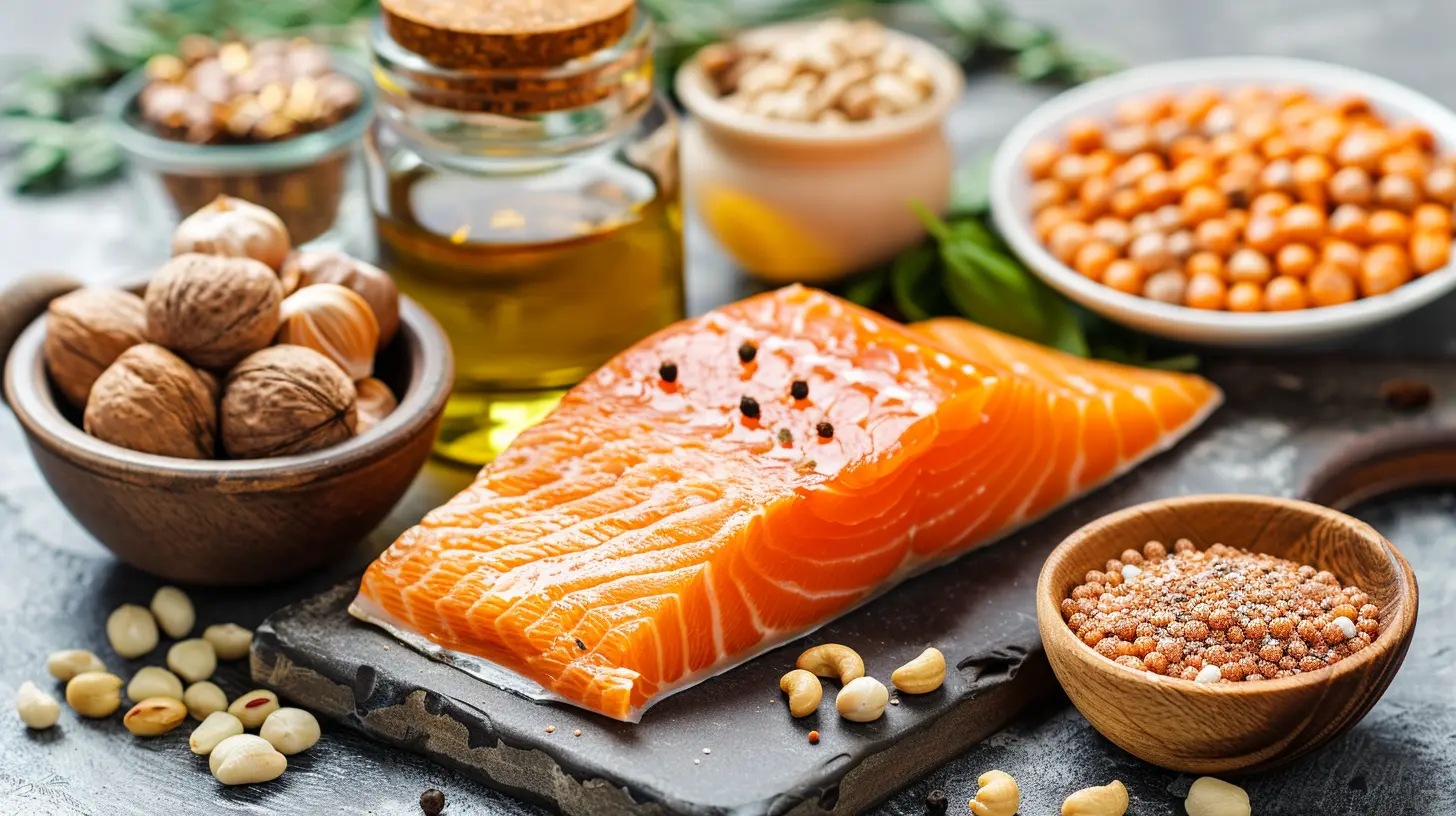
Why Your Body Actually Needs Fat
Before you throw out that avocado or drizzle salad dressing on the side, let’s talk about all the good stuff fats do for you:1. Fats Boost Brainpower
Your brain is practically a fat sponge—around 60% of it is made of fat. Specifically, omega-3 fatty acids play a crucial role in brain development and function. They’re linked to better memory, sharper cognition, and even mood stability.So yes, eating fat can literally make you smarter.
2. They Help You Absorb Vital Nutrients
Some essential vitamins—like A, D, E, and K—are fat-soluble. That means you need fat in your meal to actually absorb them properly. Ever wonder why grandma poured a little oil over steamed veggies? She knew what she was doing.3. Fats Regulate Hormones
Fat is a key player in hormone production. Without it, hormone levels can go haywire. This is especially important for reproductive health in both men and women. Restrict fat too much, and your body says, “Nope, we’re not making babies or balancing mood today.”4. They’re a Long-Lasting Energy Source
Carbs are like kindling—quick-burning energy. Fats? They’re the slow logs that keep the fire going. They provide sustained energy and help you feel full longer. Hello, fewer snack attacks!5. Fats Protect Organs and Nerves
Fat acts like bubble wrap for your organs and nerves. It cushions, insulates, and protects. That layer of fat isn’t just for looks—it’s functional.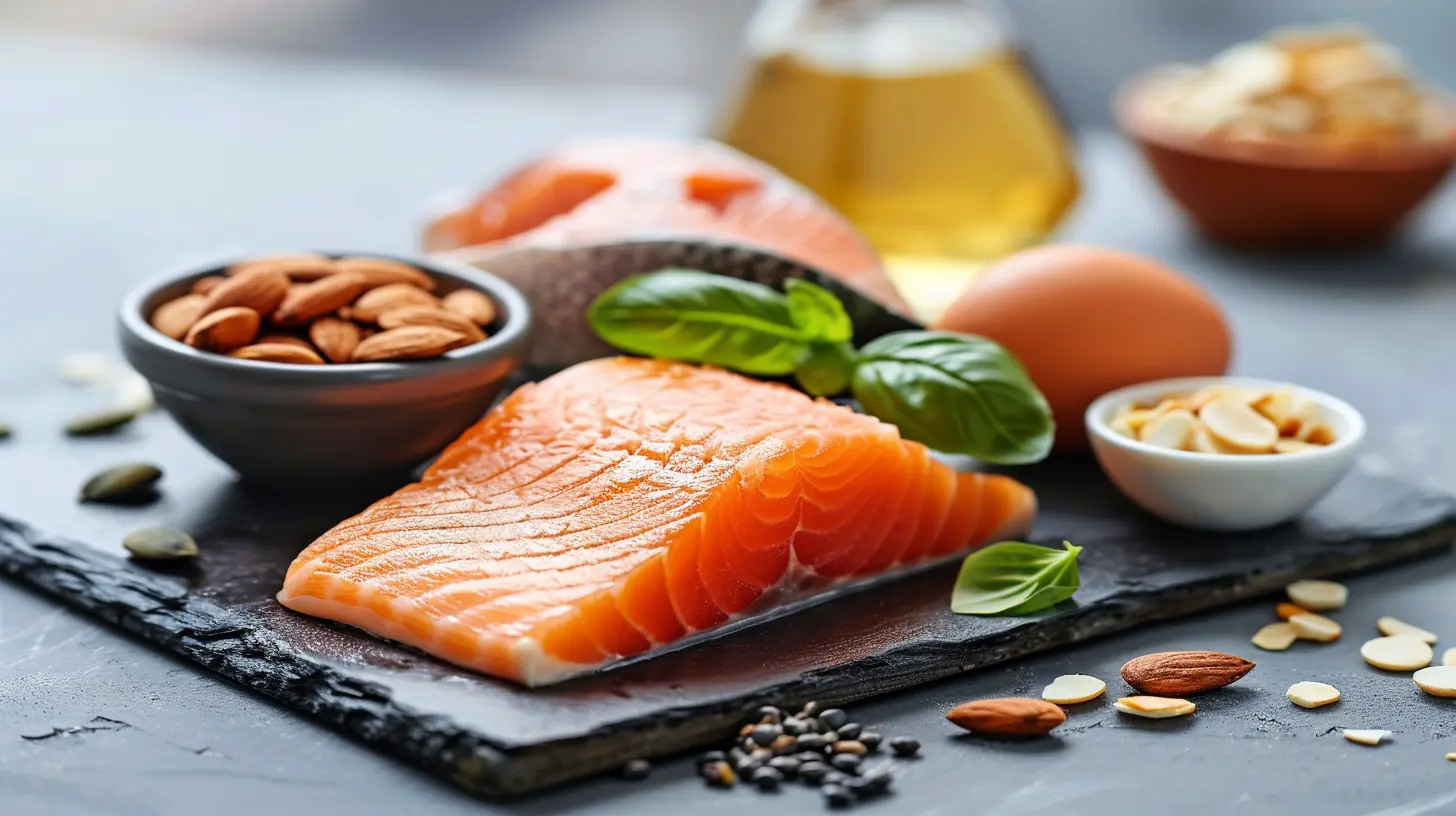
Let’s Talk About the Good vs. Bad Fats
Okay, not all fats are created equal. Knowing the difference is where the magic happens.⭐ Healthy Fats (The Good Guys):
- Monounsaturated Fats: Found in olive oil, avocados, and nuts. Help lower bad cholesterol and improve heart health.- Polyunsaturated Fats: Think omega-3 and omega-6 fatty acids. Found in fish, flaxseeds, walnuts. Great for brain and heart health.
These are the fats you want in your diet. They’re like the VIPs of the nutrition world.
⚠️ Unhealthy Fats (The Trouble Makers):
- Trans Fats: Artificial fats found in processed foods like margarine and packaged snacks. These are the worst offenders—linked to heart disease, inflammation, and even cancer.- Excess Saturated Fats: Found in fatty cuts of red meat and processed meats. Not inherently evil, but should be consumed in moderation.
It's not about banning fat—it’s about being picky with your fat squad.
Fat and Weight Loss: What You Need to Know
Here’s a shocker: Eating healthy fats can actually help you lose weight. Sounds backwards, right?But fat helps regulate your hunger hormones. It slows digestion and keeps you feeling full longer. That means fewer cravings, less mindless snacking, and better portion control.
Plus, when you're eating the right fats, your metabolism works with you rather than against you.
Let’s be real—low-fat diets often leave people tired, cranky, and constantly hungry. That’s not sustainable. A balanced diet with good fats is.
Debunking Fat Myths (Once and for All)
Let’s squash a few lingering myths about fat:💣 Myth #1: “Fat makes you fat.”
Nope. Overeating any macronutrient—carbs, protein, or fat—can lead to weight gain. It’s about total calorie balance and nutrient quality.💣 Myth #2: “All saturated fat is bad.”
Not quite. Saturated fat has been demonized, but newer research shows it’s not as dangerous as once thought—especially if it’s from whole, unprocessed foods. Grass-fed butter? Coconut oil? These can absolutely have a place in a healthy diet.💣 Myth #3: “Low-fat = healthy.”
Not necessarily. A low-fat yogurt that’s packed with sugar is far worse than a full-fat Greek yogurt with zero added sugar. Read those labels, folks!How to Add Healthy Fats to Your Diet (Without Going Overboard)
You don’t need to chug olive oil or eat an entire jar of peanut butter. Moderation is key. Here are easy ways to work more healthy fats into your meals:- Avocados – Smash them on toast, throw them in smoothies, or make a creamy salad dressing.
- Nuts and Seeds – Snack on them raw, sprinkle on oatmeal or yogurt. Almonds, walnuts, chia seeds—go nuts.
- Oily Fish – Salmon, sardines, mackerel are omega-3 powerhouses.
- Olive Oil – Swap it for mayo, butter, or use it to roast veggies.
- Whole Eggs – Yes, the yolk too. That’s where most of the nutrients live!
Oh, and don’t be scared of that fat in dark chocolate or cheese. In moderation, these can be part of a balanced diet.
What About Cholesterol?
Another elephant in the room. Let’s straighten this out: dietary cholesterol doesn’t affect blood cholesterol as much as we were once told. The real culprits? Trans fats and excessive sugar.Your liver actually makes most of your body’s cholesterol—it’s essential for building cells and hormones. So eating cholesterol-rich foods like eggs isn't the health hazard it was once believed to be. In fact, eggs are a near-perfect food packed with nutrients.
The Keto Craze and Fat Forward Diets
Ever heard of keto or high-fat low-carb diets (HFLC)? They’re proof that fat isn’t the villain anymore.These diets focus on burning fat for energy instead of carbs. While they’re not for everyone, many people report huge benefits—weight loss, better insulin sensitivity, mental clarity.
Don’t jump on every trend, but it’s undeniable: fat is making a comeback, and it’s more than just a trend. It’s a nutritional reboot.
Final Thoughts: Fat is Your Ally, Not Your Enemy
Let’s face it—fat has had a rough PR run. But the science is clear: healthy fats are essential, powerful, and totally beneficial. You just need to choose wisely, balance your intake, and prioritize whole food sources.We shouldn’t fear fat—we should understand it.
So next time someone recoils at the word “fat,” share the truth. Because once you know how incredible fats are for your body, you stop fearing the F-word and start embracing it.
Got a spoonful of peanut butter calling your name? Go for it.
all images in this post were generated using AI tools
Category:
Healthy FatsAuthor:

Sophia Wyatt
Discussion
rate this article
1 comments
Anabella Hurst
Thank you for shedding light on the importance of fats in our diets. It’s vital for us to understand that fat isn’t our enemy; it plays a crucial role in our overall health. Let's embrace balanced nutrition together.
September 10, 2025 at 4:31 PM

Sophia Wyatt
Thank you for your insightful comment! I'm glad you recognize the importance of fats in a balanced diet. Together, we can promote a healthier understanding of nutrition.
